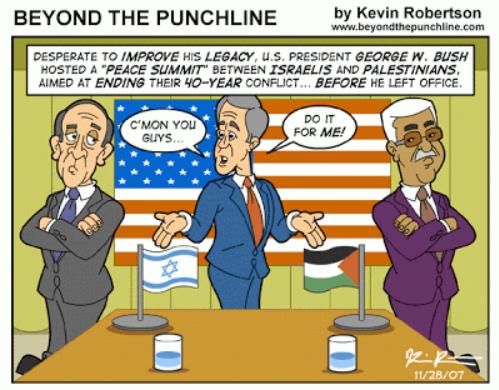Women Empowerment: A Long Way to Go
Women Empowerment and Gender Equality is still a distant dream for women in many parts of the world.

When a third-party is asked to facilitate a conversation between belligerents, the Mediator creates a space where disputants are able to express themselves without restrictions and explore all possible options.
But what happens to the mediation “space” when Governments decide to mediate?
When a State mediates, that protected space risks becoming a tool to further that country's strategic foreign policy objectives.
In his article “Mediation and Foreign Policy,” Saadia Touval (2004) discusses the motives of States when they opt to mediate an international conflict. A Government's decision to mediate may be shaped by concerns external to the conflict and not whether the conflict is ripe for mediation. It may be driven, not by peace itself, but by a desire to expand its geo-political influence. A State may be invested in seeing certain terms in the settlement. Government leaders are after all responsive to their constituents and brokering an agreement may be a way of bolstering domestic or international support.
Mediation becomes another foreign policy instrument, used alongside diplomatic efforts, military interventions, or economic pressures, to further the State’s political interests. The determining factor for selecting this tool becomes whether mediation is an appropriate means for advancing strategic regional objectives instead of a suitable intervention for advancing sustainable peace.
A State's political influence may be felt in its choice of Mediator or mediating organization. If the Mediator reports back to the contracting State, the mediation is no longer confidential, which may interfere with the participants’ ability to have a candid conversation about the issues being disputed.
When political pressure goes as far as influencing the strategies and tactics of the Meditator, it may compel the Mediator to guide the problem-solving process and push for solutions that may not necessarily be acceptable to the parties. At worse, he or she may forgo opportunities to settle a conflict because the terms are not acceptable to the State.
